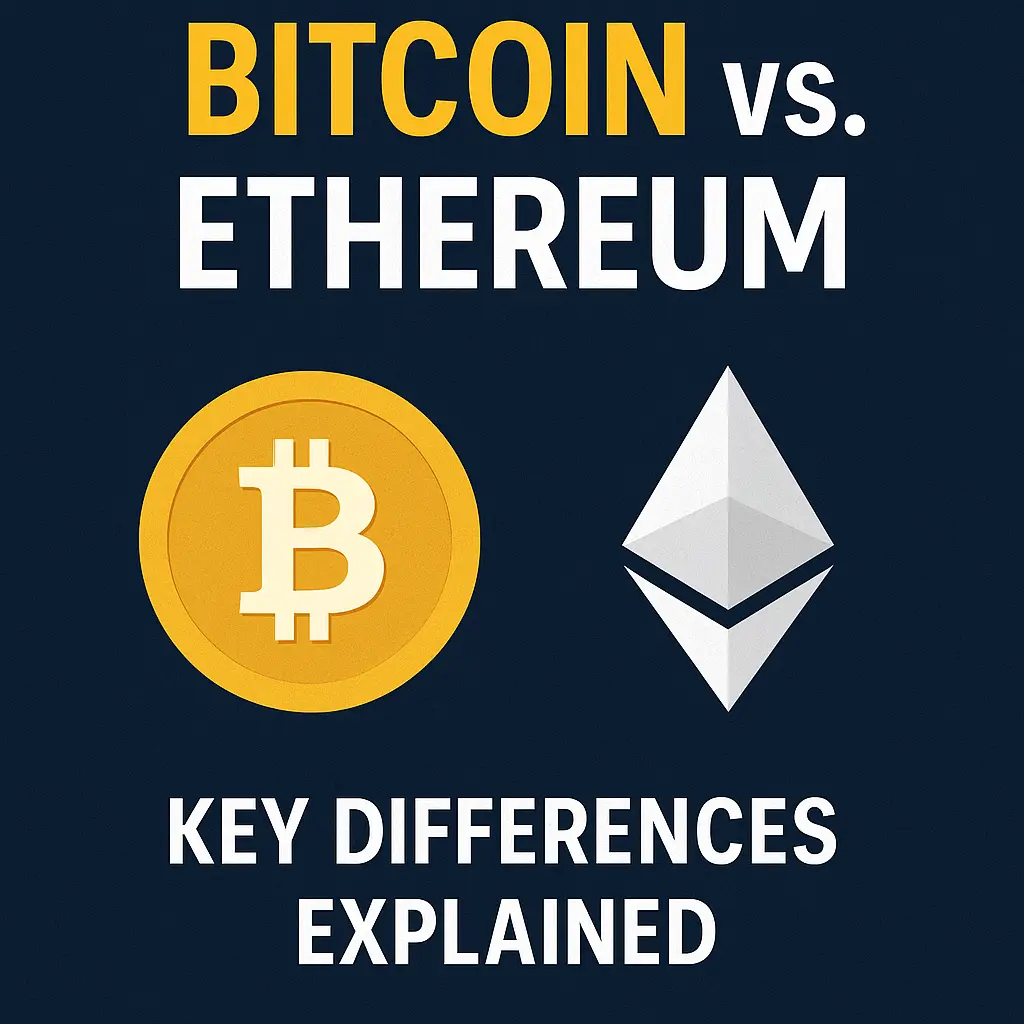Bitcoin mining is one of the most essential yet misunderstood aspects of the cryptocurrency ecosystem. Often seen as a complex, high-tech process, mining is actually the backbone of Bitcoin’s decentralized nature and its security.

In this article, we break down Bitcoin mining explained in simple terms—what it is, how it works, and how miners keep the network running safely and smoothly.
What Is Bitcoin Mining?
Bitcoin mining is the process by which new Bitcoins are created and transactions are added to the blockchain. Miners use powerful computers to solve complex mathematical problems. When they succeed, they get the right to add a new block of transactions to the chain—and earn a reward in Bitcoin.
This reward includes:
- A fixed block reward (currently 6.25 BTC, reduced every four years via halving)
- Transaction fees from all the transactions included in that block
Read More: Impact of Global Events on Bitcoin Price
Why Is Mining Necessary?
Mining serves two crucial functions:
- Secures the network by making it extremely hard to alter the blockchain
- Verifies transactions in a decentralized manner, without needing a central authority
Without miners, the network would be vulnerable to attacks and fraud.
How Does Bitcoin Mining Work?
Here’s a simplified version of the process:
- Transaction Bundling: Unconfirmed transactions are gathered into a block.
- Hashing: Miners compete to find a unique 64-digit hash that meets Bitcoin’s difficulty requirement.
- Proof of Work: This process requires significant computing power and energy—making it expensive and secure.
- Block Validation: Once a miner finds the correct hash, the block is added to the blockchain.
- Reward Distribution: The miner receives the block reward and transaction fees.
What Is Proof of Work (PoW)?
Proof of Work is the consensus mechanism used by Bitcoin to maintain security and fairness. It ensures that miners must do real computational work to earn rewards.
Key characteristics:
- Prevents spam or manipulation of the network
- Makes attacking the network financially unfeasible
- Encourages honest behavior from participants
How Does Mining Keep Bitcoin Secure?
Mining makes altering past transactions virtually impossible. To change any block, a hacker would need to:
- Re-mine all subsequent blocks
- Control more than 50% of the network’s hash rate (called a 51% attack)
- Invest huge amounts of energy and resources
This is practically impossible on a well-distributed and powerful network like Bitcoin’s, which is why mining is a key security feature.
Is Bitcoin Mining Still Profitable?
It can be, depending on:
- Electricity costs
- Hardware efficiency
- Bitcoin market price
- Network difficulty
Mining is highly competitive, and industrial mining farms often dominate the space. However, smaller miners still participate through mining pools, combining efforts and sharing rewards.
Environmental Impact of Mining
Bitcoin mining has been criticized for its energy use. However:
- Many miners now use renewable energy
- Bitcoin encourages efficiency—miners seek cheap, often clean, power sources
- Compared to legacy banking or gold mining, Bitcoin’s energy usage is more transparent and arguably more efficient
Read More: How to Avoid Common Bitcoin Investment Mistakes
Conclusion
Bitcoin mining is more than just earning rewards—it’s the mechanism that keeps the entire Bitcoin network secure and decentralized. By verifying transactions and locking in data through Proof of Work, miners ensure the integrity of one of the most revolutionary financial systems ever created.
Understanding Bitcoin mining helps you appreciate not just how Bitcoin works—but why it works.

Hi Friends! I am Rohit Yadav, a web developer, digital marketer and blogger from Chandpatti, Azamgarh (U.P). I love to write a blog and share our thoughts and knowledge with other peoples.







